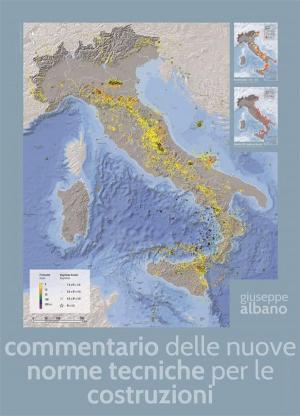The Generic Sublime
Nonfiction, Art & Architecture, Architecture, Methods & Materials, Public, Commercial, or Industrial Buildings| Author: | ISBN: | 9781945150319 | |
| Publisher: | Actar D | Publication: | December 1, 2016 |
| Imprint: | Actar | Language: | English |
| Author: | |
| ISBN: | 9781945150319 |
| Publisher: | Actar D |
| Publication: | December 1, 2016 |
| Imprint: | Actar |
| Language: | English |
The Generic Sublime is the outcome of an investigation on extra-extra-large developmental typologies carried out at the Harvard University Graduate School of Design, Departments of Architecture, Urban Design and Planning, and Landscape Architecture, between the years 2010 and 2013.
The book assembles this investigation and structures its materials, methods and outcomes along three parts. The first part includes a series of writings by the author and invited theoreticians and practitioners toward debating, substantiating or challenging the theory of the Generic Sublime, as presented by the book. The second part proposes three operative taxonomies, understood as the consecutive steps in a procedure going from the actual to the prospective by means of a process of abstraction and integration: a first one portraying a series of case studies that exemplify developmental phenomena currently at work around the globe; a second one presenting a set of organizational models and introducing an open manual of processes and techniques for breeding the contemporary sublime out of the ordinary; and a third part displaying propositions that singularize the investigation across a series of projects. The book ends with a third and final part, which includes a series of concluding open-ended texts: a public conversation on the sublime, a personal interview on methods, a dialogue-glossary of concepts, a technical-theoretical report, and a conclusive set of principles.
The Generic Sublime is the outcome of an investigation on extra-extra-large developmental typologies carried out at the Harvard University Graduate School of Design, Departments of Architecture, Urban Design and Planning, and Landscape Architecture, between the years 2010 and 2013.
The book assembles this investigation and structures its materials, methods and outcomes along three parts. The first part includes a series of writings by the author and invited theoreticians and practitioners toward debating, substantiating or challenging the theory of the Generic Sublime, as presented by the book. The second part proposes three operative taxonomies, understood as the consecutive steps in a procedure going from the actual to the prospective by means of a process of abstraction and integration: a first one portraying a series of case studies that exemplify developmental phenomena currently at work around the globe; a second one presenting a set of organizational models and introducing an open manual of processes and techniques for breeding the contemporary sublime out of the ordinary; and a third part displaying propositions that singularize the investigation across a series of projects. The book ends with a third and final part, which includes a series of concluding open-ended texts: a public conversation on the sublime, a personal interview on methods, a dialogue-glossary of concepts, a technical-theoretical report, and a conclusive set of principles.















